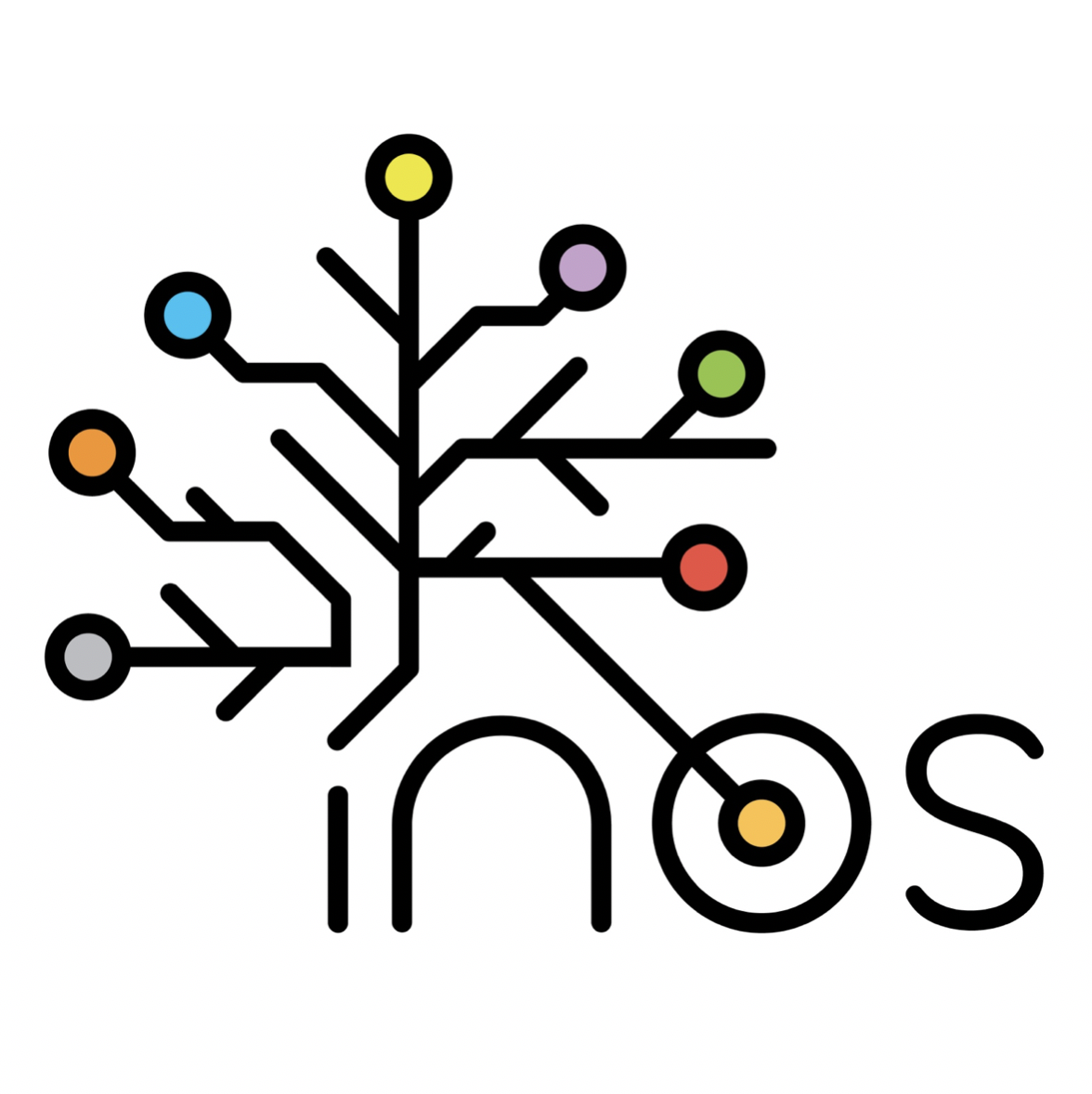06 May Why Universities and Libraries Should Get Involved in Citizen Science?
New workshop on Citizen Science: 20th of May 2021 from 14.00 to 15.30 pm (CET).
Universities and libraries across Europe are increasingly engaging in Citizen Science activities. Citizen Science is a valuable way to establish connections between science and society, a way to focus scientific research on the issues driven by and focused on communities (where this research could take place).
However, given its growing popularity, the challenges of citizen science methodology have also come to light: How does one fully involve citizens in research? How can such research respond to the topical challenges of the community? How can research that involves citizens as active co-authors be of value scientifically?
Libraries play a key role in turning citizen science project ideas into reality. Not only are they best positioned to bring all of the stakeholders together, but they also serve to connect the academic with the community and translate the jargon to ensure everyone’s full participation.
This 1.5 hour workshop is designed to bring different stakeholders together to discuss citizen science and imitate the environment in which citizen science projects come to life. After the workshop, participants will:
- be able to explain to others what Citizen Science is;
- be able to discuss benefits of Citizen Science projects implementation and challenges associated with it;
- understand what each stakeholder brings to the table and how to get involved.
The workshop will commence with an introductory lecture, which will be followed by a discussion-based exercise. You can register directly here.
Speakers:
- Sabine Kunst – Head of Open Spaces, TU Delft Library, member of LIBER Citizen Science Working group
- Dr. Críostóir Mac Cárthaigh – Director/Stiúrthóir, National Folklore Collection
The event is jointly organized by LIBER and University College Dublin within the framework of INOS project. This INOS project has been funded with the support of the Erasmus+ programme of the European Union under the contract No 2019-1-DK01-KA203-060268

